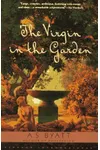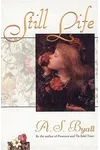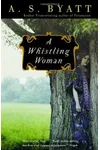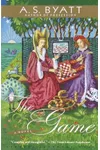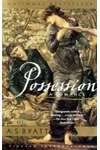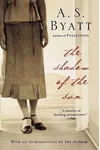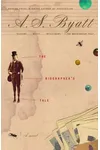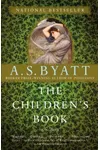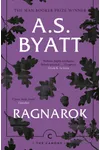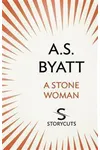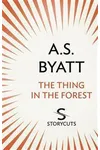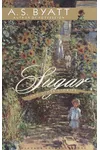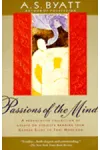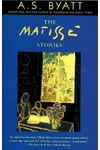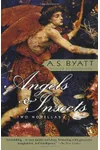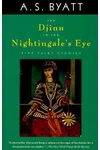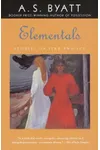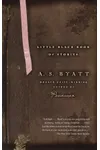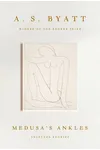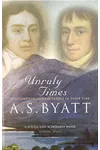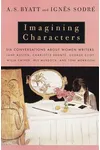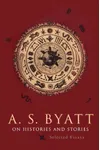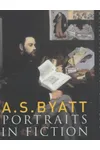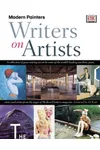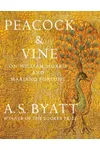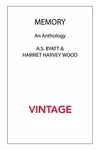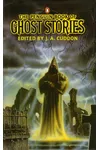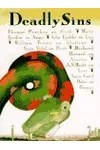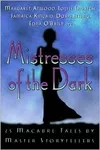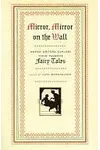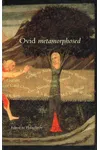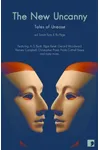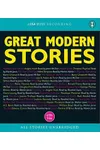Picture a British storyteller who wove literary magic with intricate tales of love, history, and ideas—meet A.S. Byatt! Known for her Booker Prize-winning novel Possession, Byatt captivated readers with her rich narratives and intellectual depth. From her academic roots to her celebrated novels, her work continues to inspire book lovers worldwide.
Born in Sheffield, England, A.S. Byatt transformed from a scholar into a literary luminary, earning honors like the CBE and DBE for her contributions. Let’s dive into the life and legacy of this remarkable author!
The Making of A.S. Byatt
Antonia Susan Byatt was born on August 24, 1936, in Sheffield, England, into a family that valued intellect and creativity. Her mother, a scholar, and her father, a judge, fostered a love for literature early on. Byatt studied at Cambridge and later taught at institutions like University College London, blending her academic passion with her growing interest in storytelling. Her early career as a teacher and critic laid the groundwork for her distinctive voice, which merged rigorous scholarship with vivid imagination.
Byatt’s first novel, Shadow of a Sun (1964), marked her entry into fiction, but it was her persistence through teaching and writing that shaped her path. Inspired by authors like Iris Murdoch and Marcel Proust, she crafted stories that explored human connections and intellectual pursuits, setting the stage for her later masterpieces.
A.S. Byatt’s Unforgettable Stories
Byatt’s breakthrough came with Possession (1990), a literary tour de force that won the Booker Prize. This romantic and intellectual mystery follows two scholars unraveling the secrets of Victorian poets, blending poetry, letters, and modern detective work. Its intricate structure and lush prose showcased Byatt’s ability to weave history and emotion into unforgettable narratives.
Other notable works include The Virgin in the Garden (1978), the first in her Frederica Quartet, which traces a young woman’s journey through 1950s England, and Angels and Insects (1992), a pair of novellas exploring Victorian science and spirituality. Byatt’s style—marked by dense, evocative prose and a fascination with art, history, and human nature—earned her a devoted following. Her short story collections, like Elementals (1998), further highlight her versatility, blending myth and realism with a touch of the fantastical.
Byatt’s themes often revolve around the interplay of intellect and emotion, the power of storytelling, and the complexities of relationships. Her ability to craft multi-layered narratives made her a standout in contemporary literature, appealing to readers who crave both heart and mind in their stories.
Why A.S. Byatt Matters
A.S. Byatt’s impact on literature lies in her ability to bridge the academic and the accessible, creating stories that challenge and enchant. Her work inspired a renewed interest in historical fiction and literary romance, influencing writers and scholars alike. Byatt’s honors, including the CBE (1990) and DBE (1999), reflect her cultural significance, while her novels continue to resonate with readers exploring the intersections of love, art, and history.
Her legacy endures through adaptations like the 2002 film Possession and her influence on modern literary fiction. Byatt’s stories remind us that literature can be both a puzzle and a passion, inviting readers to lose themselves in her meticulously crafted worlds.
About A.S. Byatt
- Born: August 24, 1936, Sheffield, England
- Key Works: Possession, The Virgin in the Garden, Angels and Insects
- Awards: Booker Prize (1990), CBE (1990), DBE (1999)
- Genre: Literary fiction, historical fiction, short stories
Ready to lose yourself in a literary masterpiece? Snag Possession and dive into A.S. Byatt’s captivating world of romance and ideas!
